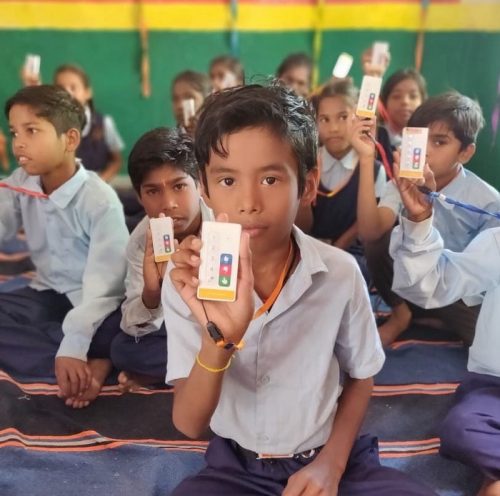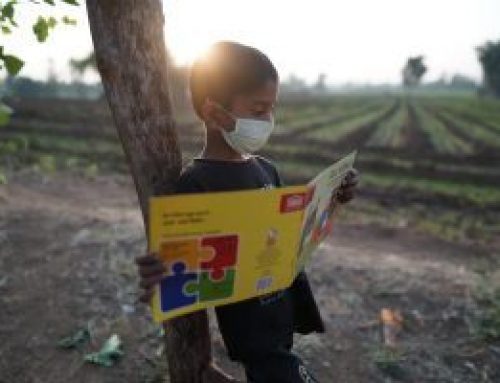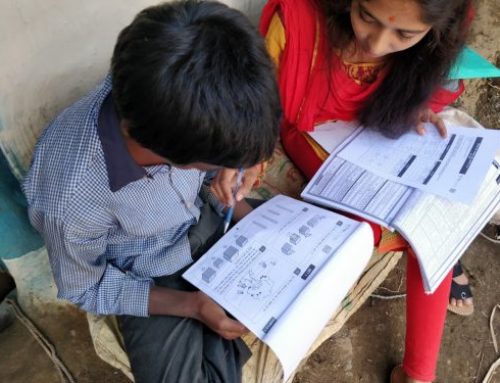Pop quiz! While the nervous feeling of being tested may never go away, new and innovative approaches to formative assessments are providing students as well as teachers a fun way to engage in – and perhaps even look forward to – rapid, real-time formative assessments.
New app-based formative assessment tools offer cost-effective ways to get started with digital assessments in the classroom. Typically, all that is required is one smartphone (belonging to the teacher).
One such solution is Plickers, which requires that students hold up ‘Plickers cards’ to answer the teacher’s question. Students provide the answer by rotating the card (reflecting A, B, C, D, true or false). The cards are scanned by the teacher through the Plickers app, which automatically scores them thanks to the unique code assigned to each card (and student).
Other low-tech apps such as Class Saathi involves the use of personal clicker devices for students. It works in much the same way, except that the response is recorded via a rather than a piece of paper, so it requires a bit more tech. Read more about Class Saathi’s cost benefit analysis, and how they plan to help education sector cut costs and save time on assessment. But a ward of caution that while clickers can help with fact retention, they may impede conceptual understanding. Though that really depends on how they are used, when they are used during the lesson, and the types of questions students are asked to respond to with their clicker.
Tangerine Teach is another tool which can be used completely offline by teachers to understand students’ progress through easy-to-read reports, indicating which ones are doing well and which may need more attention and remediation. The Tangerine app is optimized for use on low-cost Andriod tablets and allows teachers to conduct continuous, formative assessments in the classroom. This can help teachers adapt their teaching time according to students’ unique needs and provides teachers with reliable performance data.
With technical assistance from RTI International – an independent nonprofit research institute – the Asian Development Bank (ADB) in Bangladesh is designing and developing the students’ formative assessment tools and actionable pedagogical feedback for grade 3 Bangla and Mathematics in the Tangerine Teach software module. It is also designing and developing the web-based reporting central dashboard and tablet-based coach and formative assessment data visualization. Preparatory works are ongoing in full swing and the pilot is expected to be initiated immediately after schools reopen. Along with the coaching component, this intervention is expected to empower teachers to identify and provide remedial support to specific students.
Kahoot and Quizizz offer similar types of functionality, but require each student to have a connected device. Both are free game-based programmes in the form of competitive quizzes and can be used online by anyone with internet access.
For teachers without a computer, tablets or the internet in their classroom or learning space, but with access to a smartphone, these types of solutions make conducting real-time digital assessments more accessible. Low requirement assessment tools can empower teachers to engage in more frequent assessments – enabling them to easily and quickly understand the learning levels of their students and in turn provide support and feedback tailored to the needs of the individual student.
For those classrooms where students have access to smart devices, a number of online rapid assessment tools using multiple choice can be utilized such as Google Forms, which uses anonymous quizzes to helps teachers gauge students’ understanding.
These innovative approaches to formative assessment are also helping to keep children engaged, motivated and interested in their education. IUsing Plicker cards or a clicker device can provide a dynamic change to writing answers on a sheet of paper, providing more immediate feedback on whether the answer is correct, and for teachers, can be used to get a quick snapshot of their students’ level of understanding.
This is a great opportunity for teachers with limited resources to still integrate innovate assessment into their classrooms, and to better support their students and foster a quality-learning environment – all while having fun!
Additional resources:




